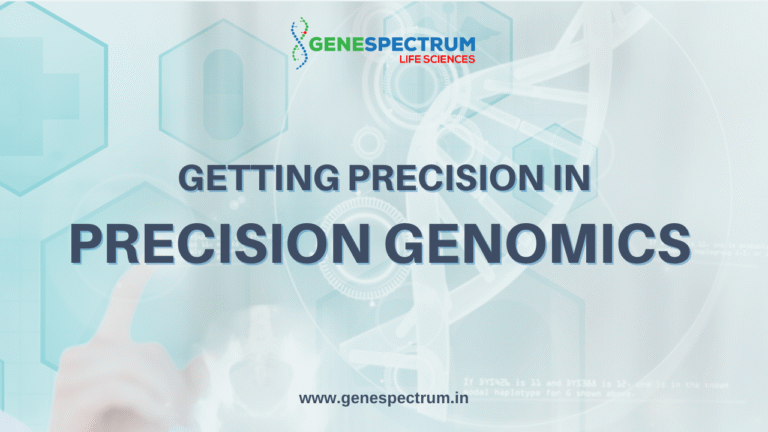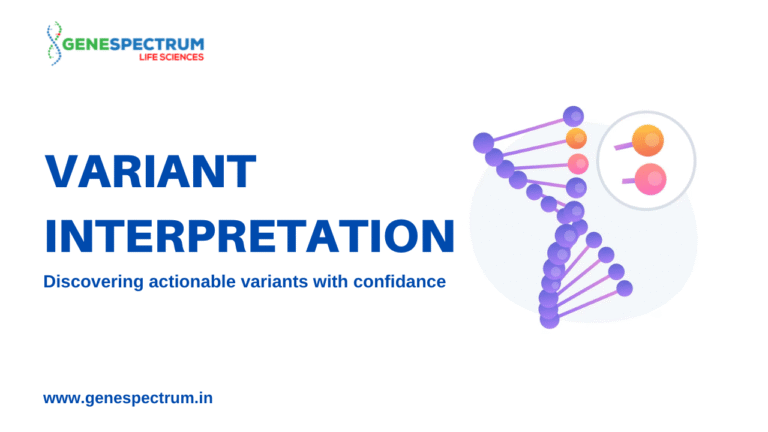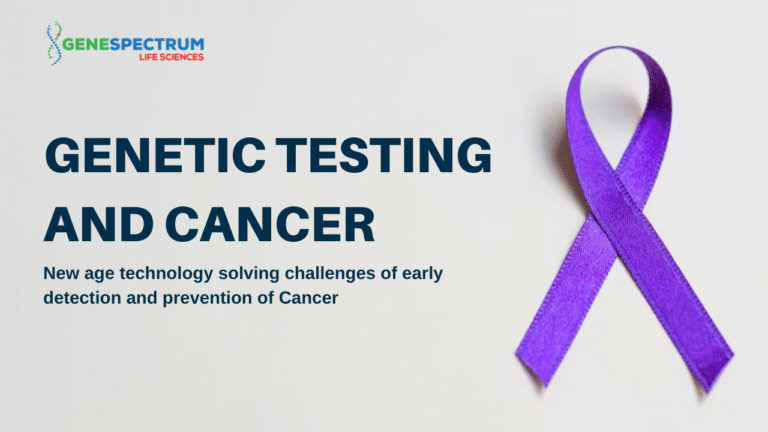Overcoming the Challenges of Variant Interpretation in Precision Genomics
Precision genomics, also known as personalized medicine, has revolutionized the way healthcare providers approach disease diagnosis and treatment. By leveraging the vast amounts of genetic data generated by genomic testing, precision genomics offers a tailored approach to health care, providing a more accurate understanding of a person’s risk of developing certain diseases and the most effective treatments for those conditions. However, the interpretation of genomic test results can be complex and challenging, requiring specialized knowledge and expertise, particularly in the realm of variant interpretation. What is Variant Interpretation? Variant interpretation is the systematic evaluation and categorization of genetic variations, based on their impact on health. This process takes into account the information generated through variant annotation, as well as data from scientific literature, gene databases, and other sources. Challenges in Variant Interpretation in Precision Genomics While precision genomics has the potential to greatly improve patient care, there are several challenges that must be overcome in order to fully realize its benefits. These challenges include: Overcoming the Challenges of Variant Interpretation Despite these challenges, the field of precision genomics continues to advance, with new tools and technologies being developed to help overcome these challenges. Some of the strategies being used to overcome these challenges include: In conclusion, while variant interpretation in precision genomics presents several challenges, the field continues to advance, and these challenges are being overcome through collaboration, standardization, data integration, and the use of cutting-edge technologies. Patients and healthcare providers must be aware of the importance of variant interpretation in precision genomics and seek the guidance of trained professionals when considering genomic testing and information. GeneSpectrum’s GeneAssure Clinical Genomics Suite deploys the latest methods to accurately interpret the variants. To know more, reach us at contact@genespectrum.in.
Overcoming the Challenges of Variant Interpretation in Precision Genomics Read More »
NGS

